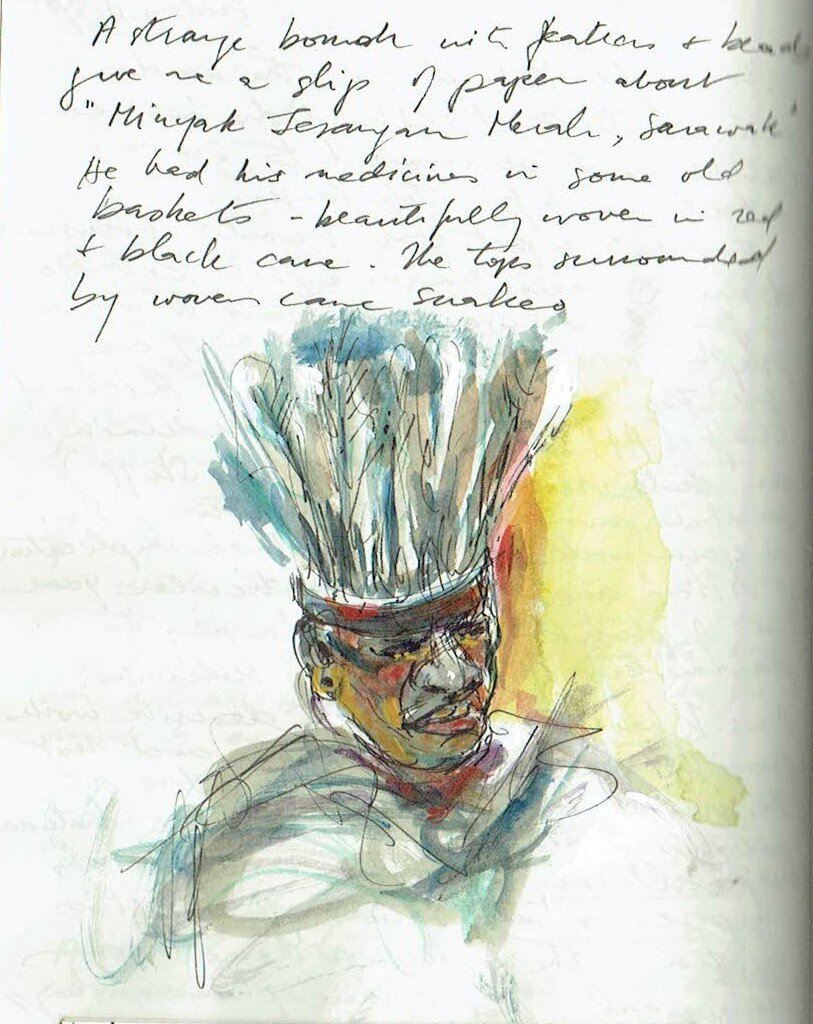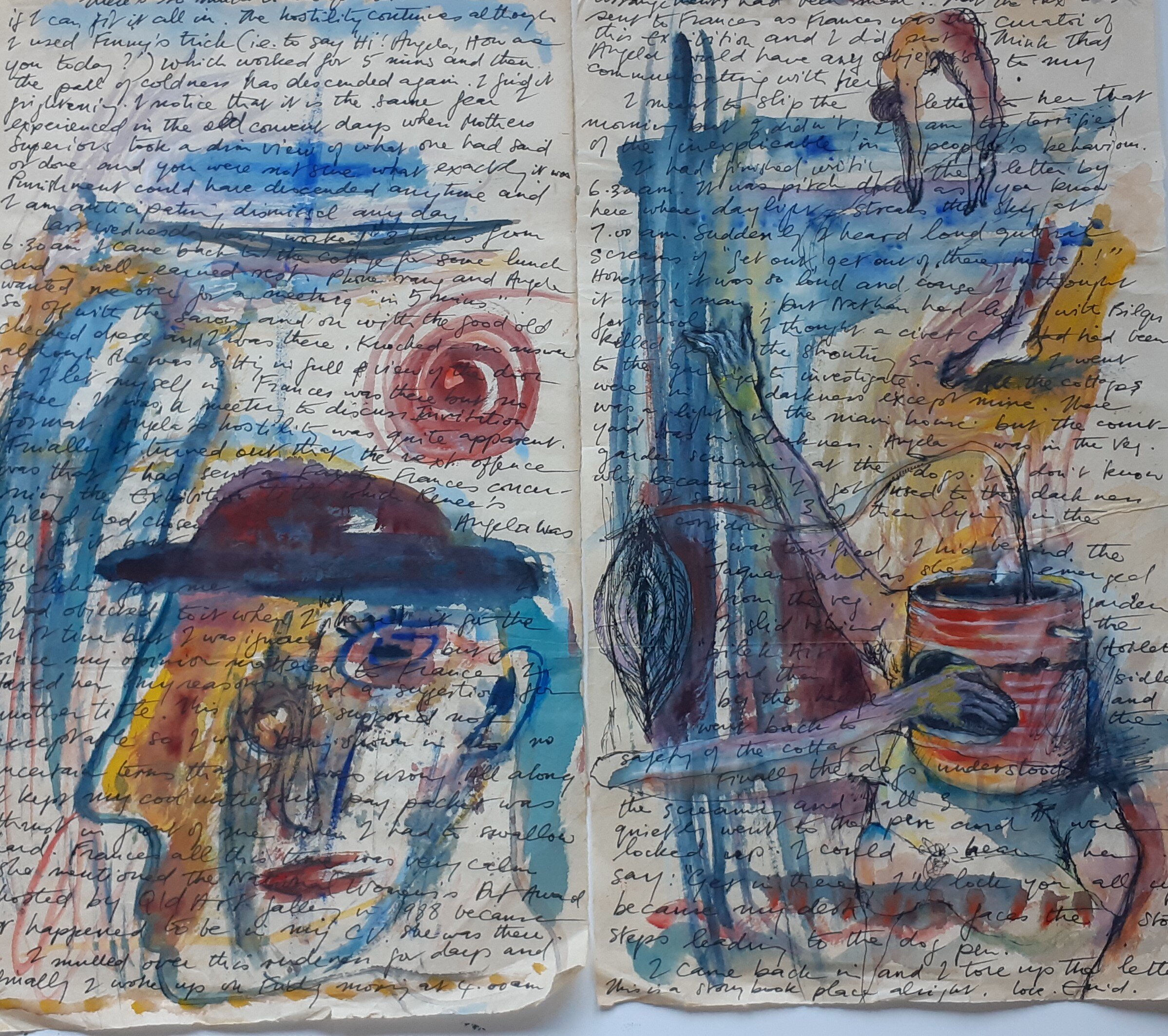This year as the autumn leaves were falling, I said goodbye too soon to two great friends.
To Sylvia and Donna:
AUTUMN
The leaves are falling, falling as from far
As though above were withering farthest gardens;
They fall with a denying attitude.
And night by night, down into solitude,
The heavy earth falls from every star.
We are all falling. This hand is falling too—
All have this falling-sickness none withstands.
And yet there’s one whose gently-holding hands
This universal falling can’t fall through.
Rainer Maria Rilke “Autumn”











